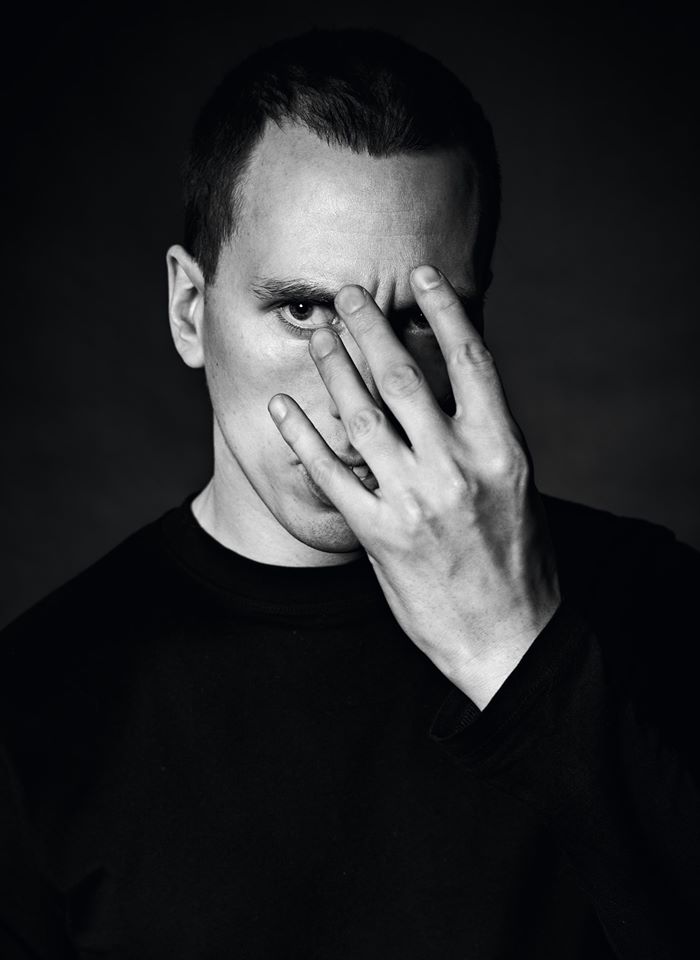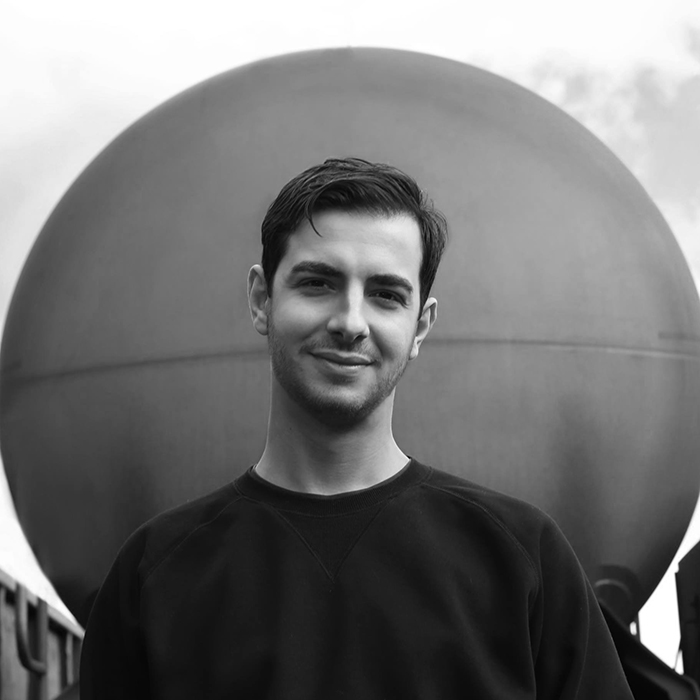Interview: Five Minutes with Martin Kohlstedt
Martin Kohlstedt, a German musician who hails from the town of Weimar, has just shared the reworked version of his single, ‘NIODOM’ by Panthera Krause. Kohlstedt is known for mixing classical and avant-garde music styles while Krause takes the experimental piano track and elevates it into the next big dancefloor hit.
Watching Kohlstedt perform is like listening in to an intimate conversation between musician and instrument, a characterful intimacy between the two becomes apparent as the music unfolds. The audience play their own part in the scene, as Kohlstedt feeds from their energy, developing each set and performance to fit the mood.
Curious about the man who could elicit such responses, we sat down for an exclusive interview. Catch it all below:
Set the tone for us. Why the arts?
Utter necessity: The search for a wide range of ways to give expression to my thoughts has been going on for quite a while – it started subconsciously back in my childhood’s home on the detuned piano in the living room. I played the note “A” for hours on end in unison with the ticking of the wall clock and plinked away to calm down and think, to process the intricate and many-faceted problems of a twelve-year-old boy – I just needed that.
Which comes first when you’re producing – the sound or the idea?
Definitely the latter. My pieces are modules with a three-letter title that, at least at first sight, do not have any specific meaning and who can, like compressed files or memories thought forgotten, blossom, flow, grow or amalgamate with each other and either find consensus or even fail to do so. The moment and the environment provided; in solitude or with an audience; solo piano on a sunny meadow in summer or damp nightclub with electronic influences — the pieces evolve and change continuously. And to be honest: I can not really control that. So it will always be the idea that leads my music.
Does your material feature any collaborations?
For me it is always about discourse, transformation and reflection. The first two albums I composed – TAG and NACHT – were put into the hands of talented musicians to work their magic. Now the pieces on STROM and STRÖME will be given their extraordinary siblings.
Tell us about the chemistry you have with your fans on stage.
Usually I play the first 30 seconds as planned and then let the audience, the space, the moment react with each other and influence the further interpretation of the piece. I’d like to see the audience as a mirror or a dialogue partner that brings up things that are on my mind — and vice versa I have a similiar effect on the people in the audience. This creates a special kind of communication and intimacy that makes me aware of details and affects how I interpret or even recompose the piece. That, of course, can either succeed or go wrong, but either way, it creates a special aura.
What techniques do you experiment with to get your original sound?
The answer is not that easy. Every time I had a moment where I thought I now knew how I compose and I tried to apply that it suddenly did not work anymore. As soon as I had a »plan« the communication with myself and my subconscious completely broke down. In that case I wait, I sit back and try to remember my youth where I didn’t have the theoretical knowledge, where I didn’t look that the keyboard through the professional »filter« and chose an A- minor-chord for the reason that I thought it was beautiful and not because it would »fit« or »function« best. On one hand, this helps me to think of my compositions as products and on the other hand, it frees me of the need to just »deliver« something, to myself or someone else. Other music and influences tend to make this even harder and it gets progressively more difficult to have these clear moments.
Was there a specific moment in your life where you thought, “this is what I want to do”?
I was about 16 years old; it was 10 p.m. On a Friday night and I just have gotten ready to go out with a friend. I was especially stoked about the new leather jacket I got that day. I sat at the piano in the living room and was just waiting for the doorbell to ring — cell phones were not that common back then. So I played and played and suddenly it was 4:30 in the morning; and to the present day, I have no clue what exactly happened in the meantime. I played the piano, that is for sure, and the next day my friend apologized for not showing up because he had to help someone with something. So I got out of my new leather jacket after this great trip and fell asleep.
What do you keep close by while you’re playing a set?
Over the years I created a range of »modules«, a musical vocabulary, from which I can take during the concert or the dialogue with the audience and change the mood, the tone befitting to the moment. This results in an improvisation that is not made up of coincidences but is conceived together and discussed with the audience, in a musical sense. Anything else would not really appeal to me; I want to see progress in every concert, dive into the past and put it into context, gaze into the future.
Any emerging artists on your radar?
Ätna
How have you refined your craft since you entered the industry?
Most of the time it begins with the attempt to put myself back in time and remember how I sat at the piano as a teenager – playing away without any expectations. When I found a theme that feels somehow familiar to me I continue playing it in a loop, over and over, until it slowly wanders from the conscious mind into the subconscious and I increasingly slump down on the piano stool and drops of saliva start dripping from my open mouth – maybe. Sometimes I have the presence of mind to hit the record button prior to my adventure into the strange depths of my drooling head and that is how I gather my pieces or, more precisely, parts or “modules” thereof: These shorter units are the vocabulary to the sentences that are the complete pieces. Just as in a spoken language I can change pitch,
intonation, speed, density, eloquence, the intervals, the range to evoke or respond to feelings or react to the context in which I’m “speaking”. After that I intermittently cast them into a proper form for a physical record – nonetheless they stay in a state of progress and may develop, a bit like independent beings, change or amalgamate with other themes: Predominantly at the extensive and incalculable improvisations on stage but also in solitude and calm at home.
Breakdown the news for us: what can we expect from you this year?
After every single one of these excursions, I undertook in collaboration with my musical partners I tried to find the way back to myself. I think I will once again work on a solo piano record in autumn.
Famous last words?
Draw from the freedom and the subconscious, I tap into them and just let things happen. Distort time, exist in the moment. Just being.
Follow Martin Kohlstedt:
Website – Facebook – Instagram – Youtube
Follow Panthera Krause:
Website – Facebook – Instagram – Spotify – Soundcloud
Written by Sarah Britton



